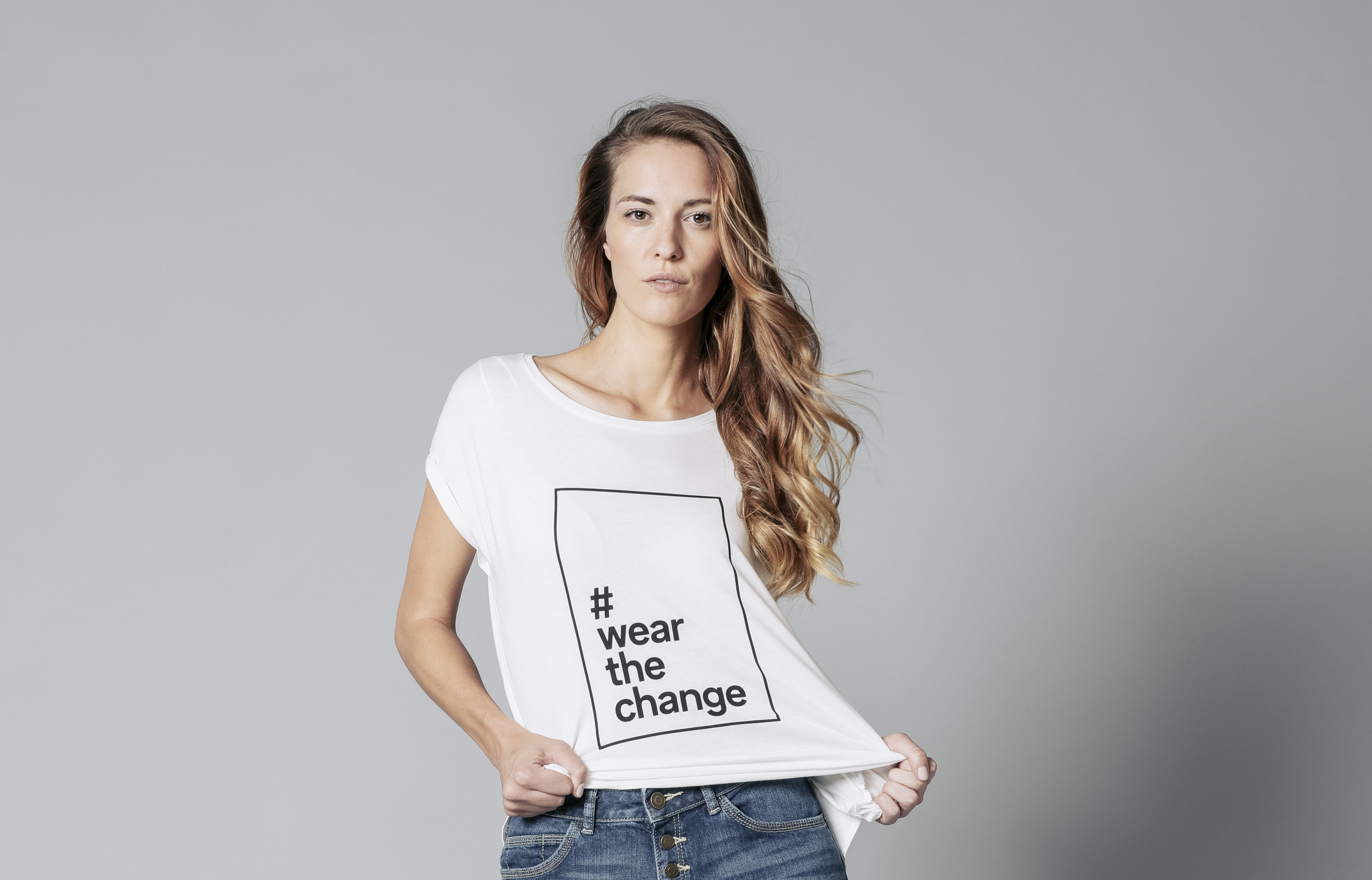The internet has turned consumers into an increasingly informed and demanding community. This empowerment, linked in particular to the ability to influence through social media, has made consumers selective not only in terms of quality-price ratio, but in terms of a whole series of values linked to the brand, with which they seek emotional identification and shared values. When Spanish people are asked what makes them choose one brand or another, there are two answers which come up time and time again: Quality (80.87%) and price (81.8%). However, the importance of corporate social responsibility has become an implicit factor in choice, such that, if several brands had the same quality-price ratio, 86.35% of Spanish people say they would undoubtedly opt for the most responsible. These are some of the conclusions of the 1st study on “engagement and emotional connection on social media”, presented by MARCO de Comunicación, the leading communications and public relations agency in Europe and Latin America based in Spain.
The survey was conducted by MARCO among more than 1,000 people with the aim of analysing the relationships of the Spanish with brands, especially on social media. It concludes that brands and people forge a large part of their relationship in the digital world. It’s for this reason that companies’ CSR policies are influencing the purchasing decisions of Spanish consumers, thanks to awareness and different social movements in which the sustainable economy and the brand-consumer-stakeholder relationship, has been redefined. Responsible behaviour (66.97%) is, after quality and price, the 3rd most important purchasing criterion, as companies have a great capacity to be a motor for social change, and the Spanish reward it in their purchasing decisions, more so even than advertising (53.37%).
The Spanish value brands for their efforts to achieve social benefit through actions related to defending the environment, workplace inclusion, and charitable actions. CSR is an aspect increasingly demanded in all types of organisations as a duty, not an option. This helps to strengthen ties between brand and customer, as well as improving credibility and trust, and social networks are a great stage for analysing this.
A igualdad de relación calidad-precio, el 86% de los españoles elegiría la marca con más conciencia social https://t.co/oLHbjQ6n4Q
— Lore Treviño (@loretre) 26 de julio de 2019
The relationship between social media and internet shopping
The data from the survey shows how the information and product consumption model revolves around the use of the internet. When it comes to finding out about new trends in leisure and/or fashion, half of Spanish consumers already turn to social networks (49.74%), with Instagram being the favourite (55.94%). Social networks have become a real information tool for society, where you can have all your favourite brands available. In fact, 57.29% of Spanish people follow their favourite brands on social media, so any company that wants to open up to the market must not only define its brand, but also its values and, above all, properly define its strategy on social media, to interact directly with its consumer.
“In recent years, brands, public bodies and representatives of all sectors have made considerable progress in reviewing their CSR policies and communicating them. The results of the survey reaffirm MARCO’s position on issues such as the environment, leading campaigns for socially responsible clients and building their brand reputation. Similarly, MARCO itself has also built its brand image, as a leader against climate change, through its link with The Climate Reality Project. It’s not just about communicating how you act, it’s about acting how you communicate,” said Didier Lagae, CEO of MARCO.




Comments